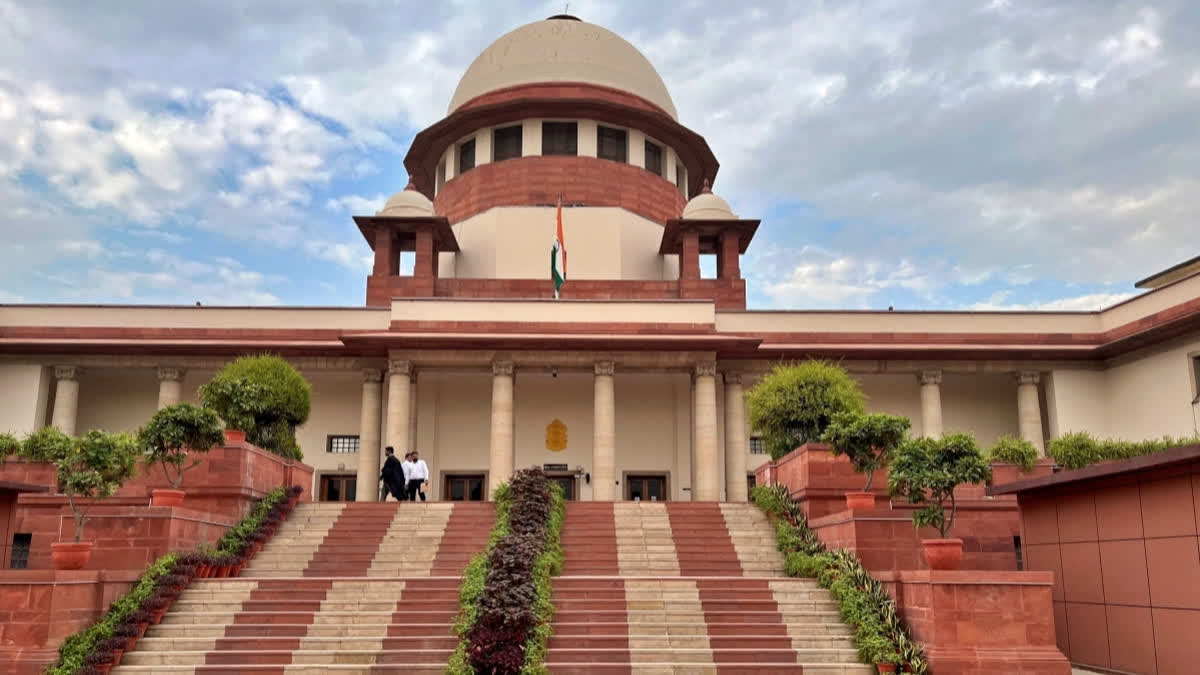New Delhi:The Supreme Court on Tuesday stressed that life and liberty are exceedingly important, while asking the Enforcement Directorate (ED) to address the contention raised by Delhi Chief Minister Arvind Kejriwal’s counsel regarding the timing of his client's arrest before the general election.
The apex court was hearing a plea by Kejriwal challenging his arrest by the ED in a money laundering case stemming from the alleged Delhi excise policy scam.
A bench comprising justices Sanjiv Khanna asked additional solicitor general S V Raju, representing the ED, to address the main contention raised by senior advocate A M Singhvi, representing Delhi CM, challenging Kejriwals' arrest, regarding the “timing” of the arrest of AAP’s supremo just before the ongoing general election. The apex court asked Raju to address contentions raised by Kejriwal’s counsel on the next hearing of the matter on May 3.
The bench observed that no attachment action has been taken so far in this case, and if it has been done, then show how Kejriwal is involved in the matter.
Concluding the hearing for the day, Justice Khanna told Raju, “If there are some proceeds, then you have to show how was petitioner…as far as Manish Sisodia’s case is concerned there two parts of the judgment: (a) one is regard to where there are finding in favour; (b) where findings are against Manish Sisodia. So, which case does this case fall under ‘A’ or ‘B’”.
The apex court noted that Section 19 of the Prevention of Money Laundering Act (PMLA) casts a fairly high onus on the prosecution. Hence, the accused is not opting for bail, because then he will have to convince the court that he is not guilty.
Justice said, “Number three is what extent, it was not openly stated by them (Kejriwal’s side) but now it is quite apparent…what they believe is threshold of Section 19 (PMLA), which casts onus on the prosecution and not on the accused is fairly high, therefore asking them to go for regular bail they do not get that advantage because they are confronted with Section 45 (PMLA), the onus shifts on them. That is why they are repeatedly on Section 19.”
Justice Khanna said, “Therefore, to what extent do we interpret it. Do we put the burden much higher, and comparable with what court normally court would do at the time on basis of assuming all the allegation is correct but at the same time ensuring the standard would be the same as to find a person as guilty, which is benefit of doubt and all other things coming in and evaluation must be complete and thorough….”.
